India's export restrictions aggravate global wheat crisis
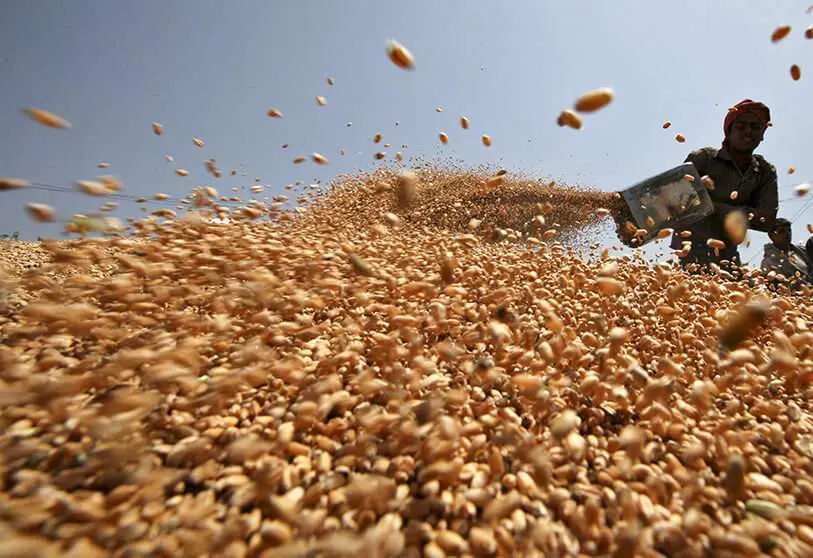
Russia's invasion of Ukraine - the so-called 'breadbasket of Europe' - has put international food security at risk. The two countries are two of the world's largest wheat exporters and the main pillars of food stability in regions such as North Africa.
The war is hampering the cultivation of wheat in Ukraine, as well as making it difficult for ships loaded with grain to leave the country. On the other hand, the sanctions imposed on Moscow make Russian exports impossible. In this regard, African countries such as Senegal have called on the West to lift these sanctions for fear of a serious food crisis on the continent.
Le Président #Poutine nous a exprimé sa disponibilité à faciliter l’exportation des céréales ukrainiennes.
— Macky Sall (@Macky_Sall) June 3, 2022
La Russie est prête à assurer l’exportation de son blé et de son engrais.
J’appelle tous les partenaires à lever les sanctions sur le blé et l’engrais. pic.twitter.com/7PqVLNhqWD
While this crisis has global repercussions, the UN and other international organisations have warned that the war in Ukraine will hit the most vulnerable regions hardest. The UN points out that West Africa and countries such as Yemen, Afghanistan and Ethiopia will be the first to feel the "hurricane of famine".
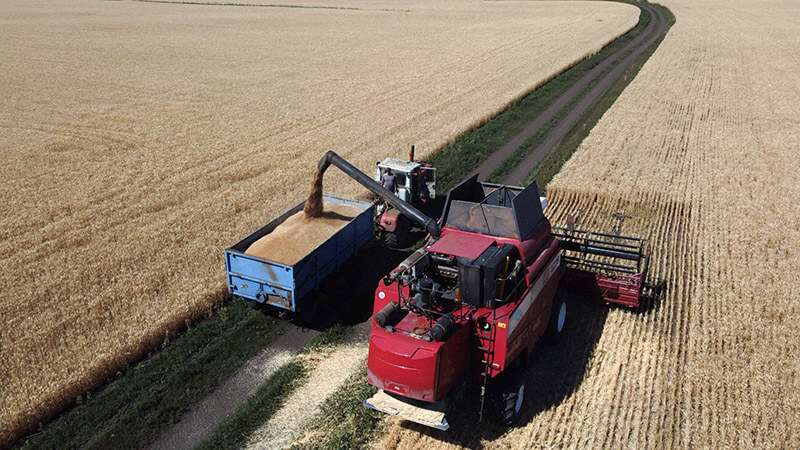
For this reason, certain countries had emerged as possible alternatives to alleviate the global food crisis. One of these countries was India, the world's second largest wheat producer after China. However, recent decisions by the Indian government have dashed hopes for India.
In May, India banned wheat exports "with immediate effect" to ensure domestic consumption amid the critical global situation. However, the Indian government said it would allow sales to neighbouring or other vulnerable countries that "cannot access sufficient supplies of wheat", as a statement from the Directorate General of Commerce explained.
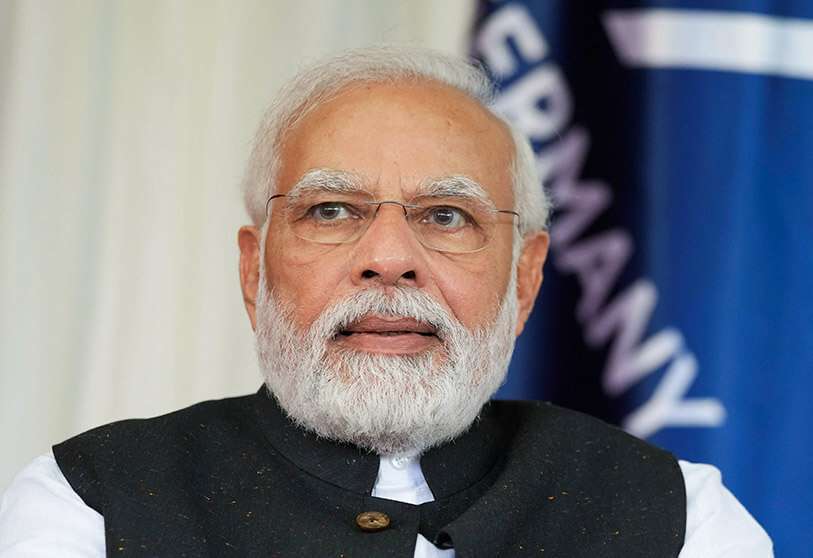
India, despite being the world's second largest wheat producer, accounts for only 1% of global wheat trade as it keeps a large quantity for domestic use. Last year, for example, it produced 109 million tonnes, but exported only about 7 million tonnes, according to AFP.
But the war in Ukraine changed everything. The world turned its eyes and hopes to the Asian country, hoping that it would increase its wheat exports. Even Prime Minister Narendra Modi offered to help cover the global wheat shortage, showing his willingness to "feed the world". But the economic situation in the country, with presidential elections just around the corner, has changed Modi's good intentions and he now seeks to protect the welfare of his citizens.
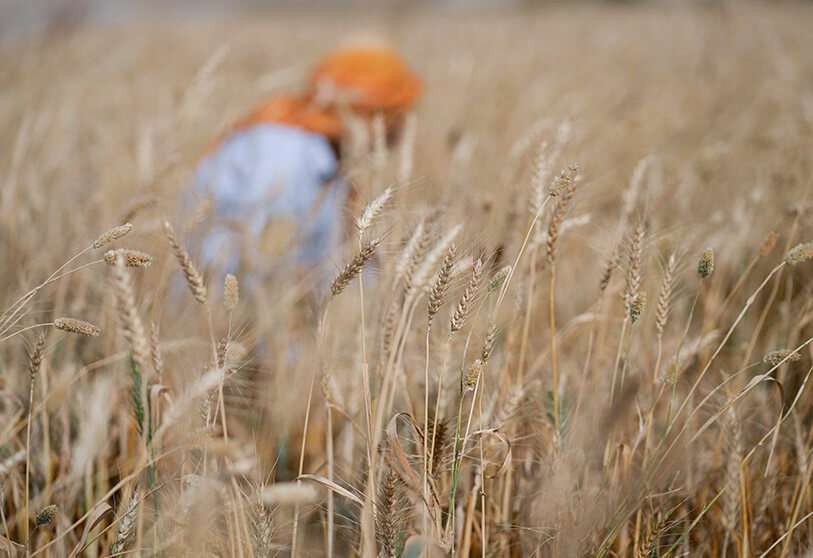
According to an Indian official quoted by Reuters, "the rise in general prices raised concerns about inflation and that is why the government had to ban wheat exports". The effects of the war in Ukraine, such as higher prices for fuel and other goods, led to domestic inflation in India of up to 7.79%, the highest since May 2014, France24 notes.
New Delhi is trying to ensure domestic consumption not only because of the consequences of the war in Ukraine, but also because of a severe heat wave that has damaged the country's wheat crop. This meteorological setback, which raised the temperature to 47 degrees Celsius, forced the government to reduce production estimates by at least 5%.
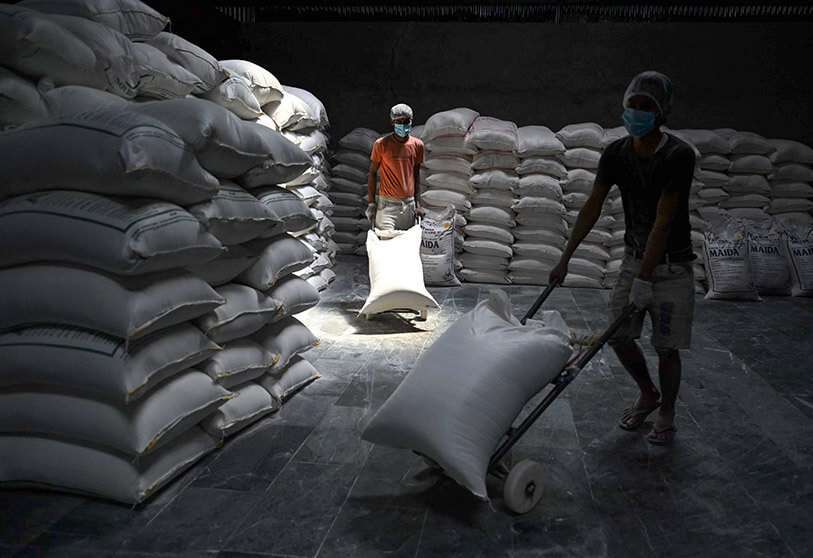
Despite the country's plight, G7 leaders criticised India's decision at their recent meeting in Germany. "If the whole world starts imposing export restrictions or closing markets, the crisis will get worse," German Agriculture Minister Cem Özdemir told a press conference in Stuttgart, quoted by AFP. "We call on India to assume its responsibility as a member of the G20," Özdemir added.

Despite international condemnation of this decision and the rise in wheat prices, India is going further and will restrict wheat flour exports from 12 July with the same objective: to ensure domestic consumption. "Disruptions in the global supply of wheat and wheat flour have created many price fluctuations and potential quality-related problems," the Directorate General of Trade said.
In an effort to secure wheat imports, a Yemeni delegation will travel to India next week. During that visit, the Yemeni government will try to reach an agreement to import wheat from India, Trade and Industry Minister Mohammed Al-Ashwal told Reuters.
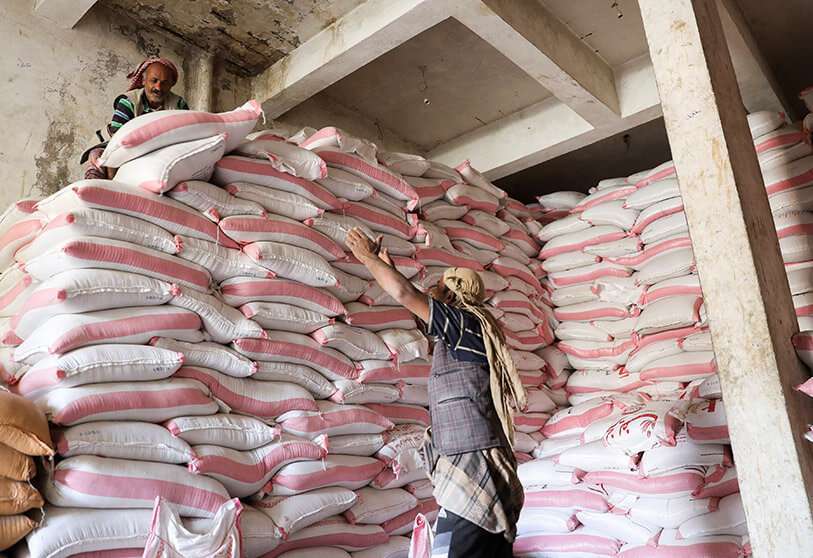
Al-Ashwal also warned that Yemen's "strategic food" stocks will last until the end of August. The Arabian Peninsula country has been embroiled in a bloody war since 2014, which has led to the most severe humanitarian crisis on the planet. However, the Yemeni minister is optimistic ahead of the trip to India. "There has been great progress regarding the agreement with the Indian government on lifting bans on wheat exports to Yemen," he said.
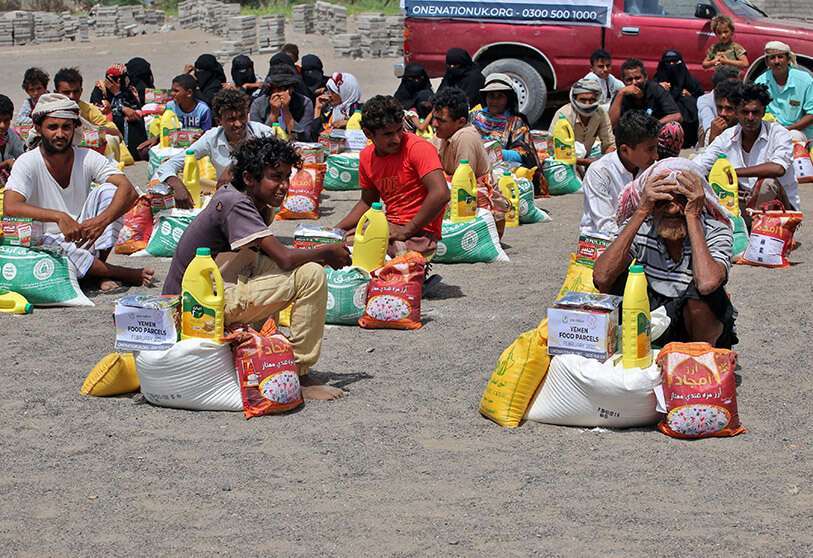
India is not alone in imposing restrictions on exports of certain foods. In late April, Indonesia suspended foreign sales of palm oil for a month. The island nation is the world's largest producer of palm oil, accounting for 60% of global production. Jakarta, like New Delhi, is putting a premium on domestic consumption amid rising prices, shortages and fears of social unrest.
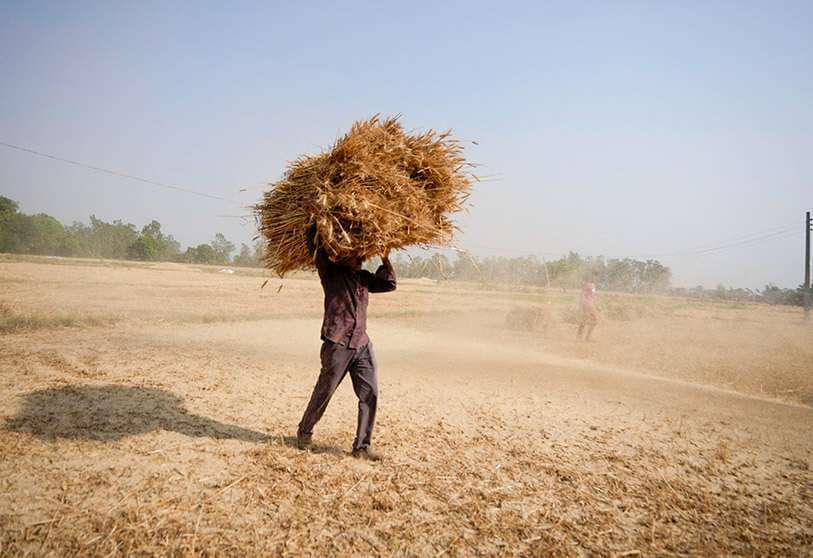
At the end of May, another Southeast Asian country blocked part of its exports. Malaysia, in order to secure the domestic market, suspended exports of live chickens. This was of particular concern to Singapore, which imports a third of its chicken from Malaysia.








